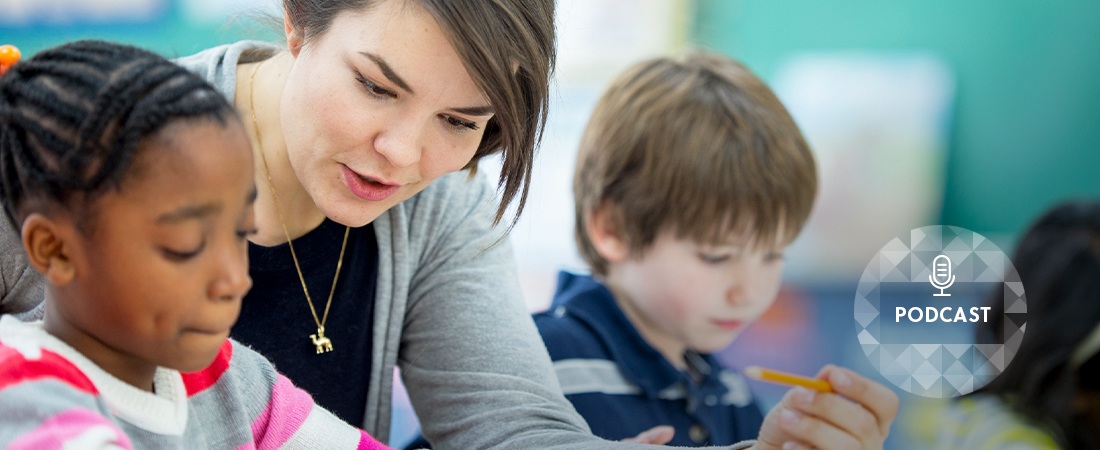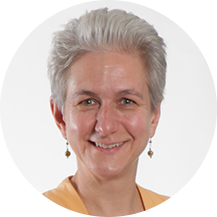Tackling Inequity in the Mathematics Classroom

Listen in as our experts discuss a wide range of current topics. Check out all of our podcasts.
Despite efforts to reduce performance differences among students over the past three decades, students of color and students with disabilities continue to underperform on national mathematics assessments. Research has suggested that this disparity is rooted in inequitable learning opportunities rather than any innate mathematical ability.
EDC’s Babette Moeller and Matt McLeod believe all children can learn mathematics, but they must be provided with high-quality opportunities to do that. In this podcast, Moeller and McLeod discuss how they are working with teachers to tackle inequity in their classrooms.
On how inequity affects mathematics learning
Moeller: The National Assessment of Educational Progress just . . . came out with the most recent mathematics assessment scores, and the data are shocking from a disability perspective. One data point is that at the fourth-grade level, for instance, 50 percent of students with disabilities scored below the basic level—meaning that they were unable to estimate and use basic facts and perform simple computations. The data gets worse as you rise in the grade level.
On improving teacher instruction
Moeller: We bring general education and special education teachers together and have them plan adaptations to math lessons that provide different access points for students without undermining the rigor of the mathematics.
McLeod: We’re helping teachers understand ways to get to know their students in a way that allows them to adapt the lesson without watering it down and to accept that there’s not just one right answer in most mathematics problems. We often also help them . . . re-envision what doing mathematics looks like.
On how teachers can promote equity in their classrooms
McLeod: The more you plan, the more flexible you can be in the execution of the lesson. So understanding who your students are and understanding their modes of learning and understanding who is at the table is really . . . important. Just expect the most out of students. And just expect that they can do really solid, really strong mathematics, and they will rise to the occasion.
Babette Moeller is the developer of EDC’s Math for All professional development program and the director of the Math for All Scale Up project. Matt McLeod is a co-director of the Equity in School Mathematics project.

